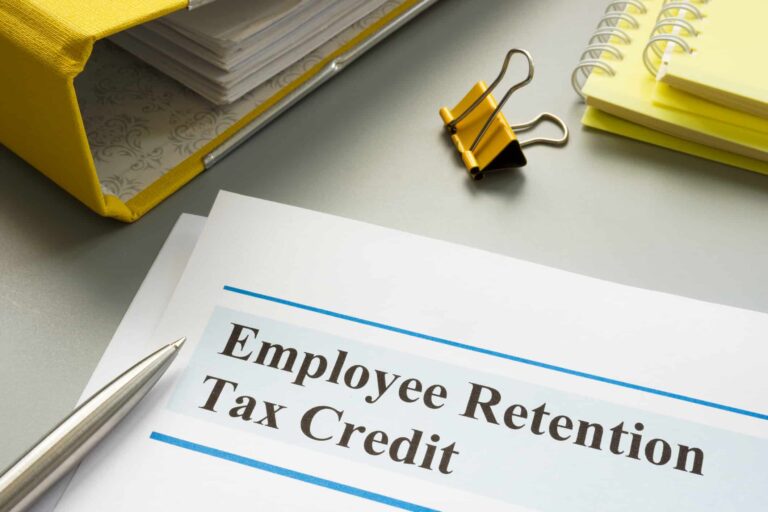It is true there are many companies aggressively soliciting employers to file Employee Retention Credit (ERC) claims by any means necessary, and the Internal Revenue Service (IRS) is working to address these schemes even as you read this article. However, businesses that legitimately qualify for ERC should not be dismayed – there is still time to file your ERC claim.
Extending the State of Limitations
In a recent Accounting Today article, author Ian Williams discusses the history and current state of ERC claims and how the lack of supporting documentation and Form 941X specificity of whether a business qualifies based on quarterly gross receipts decline or partial shutdown due to government mandate has led to abuse and downright fraudulent ERC claims. The IRS is aware of these claims to the extent that Section 3134(l) extended the statute of limitations to five years instead of the normal three-year statute for assessments relating to ERC. In a time when the IRS is severely backlogged and short of staff, this allows additional time to audit these claims.
The eligibility component of ERC that has largely been targeted by soliciting companies is claiming partial shutdown due to government mandate. Unfortunately, these claims lack the most crucial aspect, which is the supplier issues caused by government mandate and not the general COVID-19 supplier delays or recommendations from the Occupational Safety and Health Administration (OSHA) or the Centers for Disease Control (CDC).
ERC is Still a Lawful Claim
Despite the questionable claims being filed, rest assured that ERC is lawful and can be a somewhat substantial benefit to a company when filed in accordance with the guidance. This credit is designed to assist employers who kept employees on their payroll during COVID-19 through Sept. 30, 2021, or Dec. 31, 2021, if considered a Recovery Startup Business. An employer is eligible for the credit in each calendar quarter they experienced a decline in gross receipts meeting the 50 percent or 20 percent threshold depending on the calendar quarter under review compared to same quarter in 2019. Additionally, an employer may be eligible if the business was partially shut down due to a government mandate.
Although the ERC program ended Sept. 30, 2021 (or Dec. 31, 2021), you can file an amended Form 941X employment tax return to claim the credit within three years of the date filed or two years from the payment date, whichever is later. Forms 941 for a calendar year are considered filed on April 15 of the succeeding year if filed before that date. For example, if you are eligible for ERC in Q3 2021, and employment tax payments were timely paid, the IRS treats the return as if it was filed on April 18, 2022, and you can file a Form 941X ERC claim no later than April 18, 2025.
Do Your Homework with the Right Advisor
With the extended five-year statute of limitations for these returns, the IRS audit timeline would not expire until April 18, 2027, for a 2021 ERC claim. With such an extended timeline, it is important to do your homework when choosing a company to assist you with your ERC claim. Choose an advisor from a reputable company that advises you to maintain supporting documentation to substantiate your eligibility and credit amount, including but not limited to:
- Method of determined eligibility
- Calculation of average full-time employees
- Payroll records
- Payroll Protection Program (PPP) forgiveness interface, where applicable
- Qualified health plan expense determination
Windham Brannon’s team of tax professionals are ready to help you assess your ERC eligibility and still make the deadline while maintaining tax compliance. For more information, contact your Windham Brannon advisor today, or reach out to Tomika Bullet.



